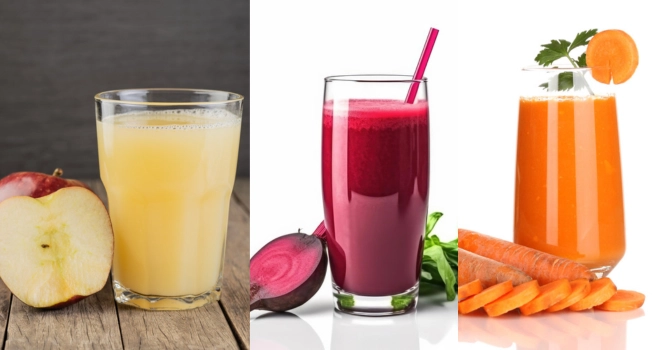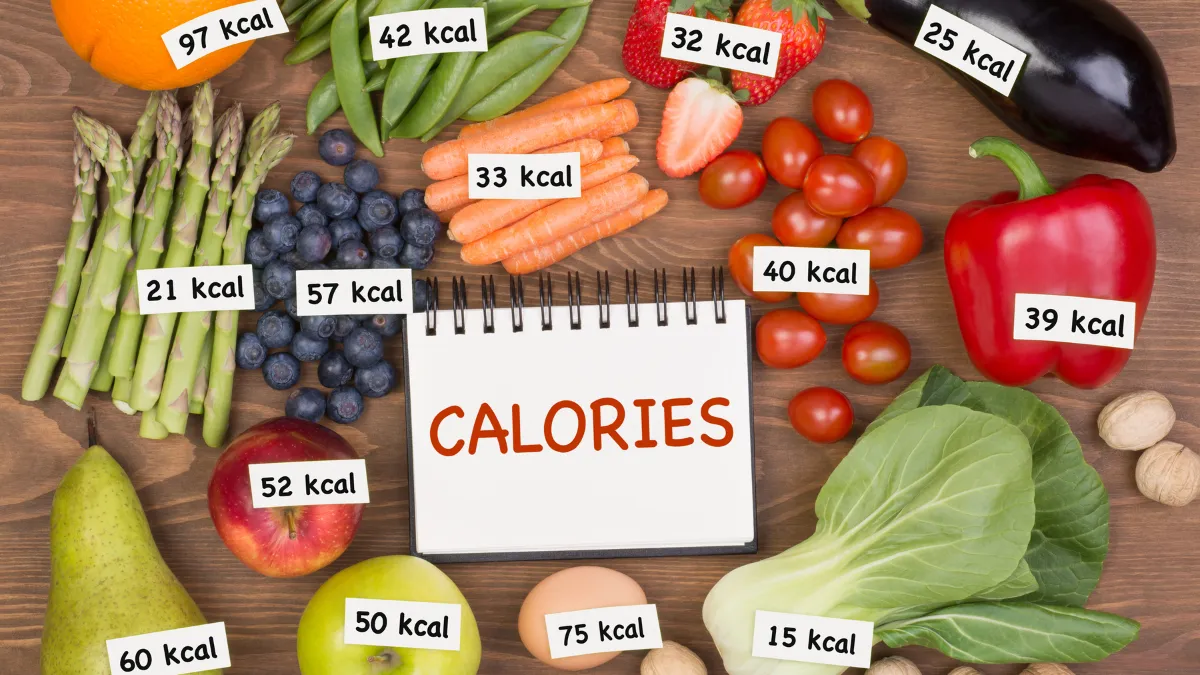Basil leaves are not only flavorful but also packed with essential nutrients. Today we will look into the uses of Basil Leaf.
The nutritional content of basil leaves may vary depending on factors such as the variety, growing conditions, and processing methods.
Nutritional profile of Fresh Basil Leaves per 100 grams (Approx values)
- – Calories: 22 kcal
- – Protein: 3.2 g
- – Fat: 0.6 g
- – Carbohydrates: 2.7 g
- – Fiber: 1.6 g
- – Sugars: 0.3 g
Vitamins:
- – Vitamin A: 264 micrograms (29% of the Daily Value, DV)
- – Vitamin C: 18 mg (20% of the DV)
- – Vitamin K: 414.8 micrograms (345% of the DV)
- – Vitamin E: 0.8 mg (5% of the DV)
- – Folate (vitamin B9): 68 micrograms (17% of the DV)
- – Niacin (vitamin B3): 0.9 mg (6% of the DV)
- – Vitamin B6: 0.2 mg (10% of the DV)
- – Riboflavin (vitamin B2): 0.2 mg (12% of the DV)
Minerals:
- – Calcium: 177 mg (14% of the DV)
- – Iron: 3.2 mg (18% of the DV)
- – Magnesium: 64 mg (15% of the DV)
- – Phosphorus: 56 mg (4% of the DV)
- – Potassium: 295 mg (6% of the DV)
- – Sodium: 4 mg (0% of the DV)
- – Zinc: 0.8 mg (7% of the DV)
- – Copper: 0.1 mg (11% of the DV)
- – Manganese: 1.1 mg (48% of the DV)
Please note that these values are approximate and can vary depending on the source. Nonetheless, it is evident that basil leaves are nutrient-dense and can contribute to a healthy, well-rounded diet.

Top 10 Health Benefits of Basil Leaves
Basil leaves, also known as Ocimum Basilicum, are a versatile herb widely used in culinary dishes and traditional medicines. They contain various essential nutrients, antioxidants, and bioactive compounds, offering numerous health benefits. Here are the top 10 health wonders hidden in basil leaves:
1. Antioxidant Properties:
Basil is rich in antioxidants such as flavonoids, polyphenols, and anthocyanins, which help protect the body against oxidative stress, cell damage, and chronic diseases.
2. Anti-inflammatory effects:
Basil leaves contain compounds like eugenol and ursolic acid that exhibit potent anti-inflammatory properties, which can help alleviate conditions such as arthritis and asthma.
3. Supports Heart Health:
Basil contains magnesium, which can help regulate blood pressure and prevent heart arrhythmias. It also has anti-inflammatory and antioxidant properties that may help reduce the risk of cardiovascular diseases.
4. Antibacterial Properties:
Basil leaves have been found to contain compounds that exhibit antibacterial activity, making them effective in fighting various bacterial infections.
5. Stress Reduction:
Basil contains adaptogenic properties, which help the body cope with stress by regulating cortisol levels. This makes it useful in managing stress-related disorders such as anxiety and depression.
6. Supports Digestive Health:
Basil leaves have carminative properties that can help alleviate indigestion, gas, and bloating. They also contain anti-inflammatory compounds that can help soothe the digestive tract and ease symptoms of conditions like irritable bowel syndrome.
7. Boosts the Immune system:
Basil’s immune-boosting properties can be attributed to its high content of vitamins A and C, as well as essential minerals like zinc and selenium.
8. Supports Liver Function:
The antioxidant and anti-inflammatory properties of basil leaves can help protect the liver from damage and promote its overall function.
9. Improves Oral Health:
Basil has antimicrobial properties that can help combat bad breath and oral bacteria that cause gum disease and tooth decay.
10. Supports Bone Health:
Basil leaves are a good source of vitamin K, which is essential for bone formation and blood clotting. Regular consumption of basil can help maintain strong bones and prevent bone-related diseases like osteoporosis.
Incorporating basil leaves into your diet can provide a range of health benefits. However, it’s essential to consume them in moderation, as excessive intake may lead to adverse effects. If you have any concerns or underlying health conditions, it’s always best to consult with your Doctor before making significant dietary changes.









